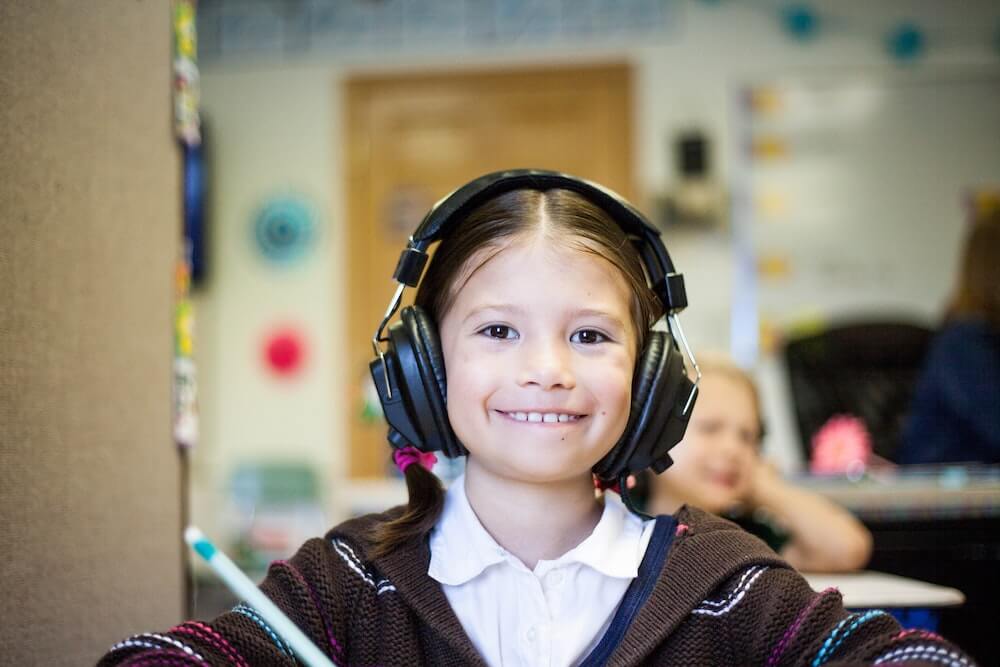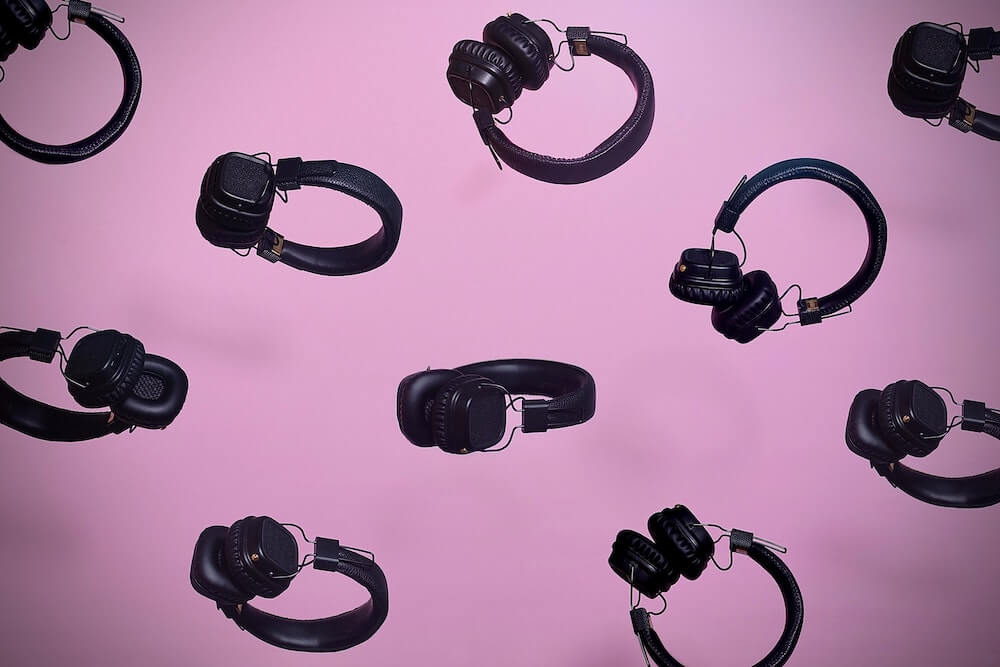Compared to many of the resources used in educational settings, audiobooks might be considered fairly old hat. They’ve been around for a while, in various forms, and focus has pivoted in recent years towards video, and interactive visual content, leaving audiobooks somewhat by the wayside. But there are innumerable ways in which you can use audiobooks for learning, especially over the summer holidays.
Audiobooks and learning
School-age children are more likely to be auditory learners than adults, with around 27% learning most effectively by listening. Listening to spoken words also helps to increase reading accuracy by 52%, and comprehension by 76%. For children who are struggling with reading, audiobooks are a simple and enjoyable way to supplement their learning. According to the National Literacy Trust, half of young people who have listened to audiobooks say that doing so has increased their interest in reading.
And audiobooks aren’t just a supporting resource in the journey to learning to read. They’re a valuable tool in their own right, allowing listeners to absorb rhythms of speech and language in a way that they can’t when reading. This is particularly useful for very young children, or listeners learning a second language.
The accessibility gap
Not to mention the huge proportion of the global population who are print disabled, yet only 10% of publications worldwide are produced in audio. This means that there is a huge accessibility gap when it comes to reading. And listening to the audiobooks that are available is usually dependent on access to a smartphone, and a subscription service, putting further barriers in place.
Audiobooks outside the classroom
So, how can we make the most of these benefits? Many teachers will already be reading to their pupils on a regular basis, but it’s important for children to be listening to stories at home too, and research has shown the benefits to young children of listening to the same content again and again. Audiobooks are the ideal way to do that. Use of a different media - whether that’s a cassette tape or an iPad - will also provide a new learning experience for children, different to that provided by a teacher’s reading.
Listening to an audiobook flexes the same cognitive skills as reading in print, such as comprehension skills. So even when used for summer holiday entertainment rather than active learning, audiobooks still provide benefit to the listener.
On holiday with audiobooks
The beauty of audio is that it doesn’t require active input from parents - in fact you can enjoy the content together if you wish. This makes it an ideal format for travel; when parents have their minds on lots of other things, and kids need entertaining.
The most common way of consuming audio is now through digital downloads, with cassettes and CDs continuing to fall out of fashion (although you can still borrow story CDs from most local libraries). But if you’re travelling over the summer, platforms like Voxblock enable listening without the need for an internet connection - ideal for if you’re camping or staying somewhere particularly remote.
So if you’re looking for easy, educational entertainment for over the summer, that keeps your children learning without them really noticing, then why not give audiobooks a try.
Sources:
Making Audio Accessible To All
The benefits of listening to audiobooks are extensive…
Are Audiobooks As Good For You As Reading? Here’s What Experts Say
Photo by Ben Mullins on Unsplash





